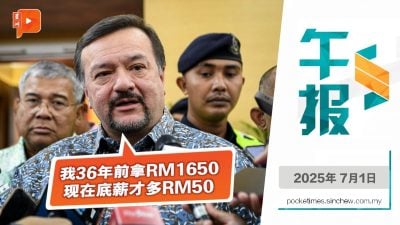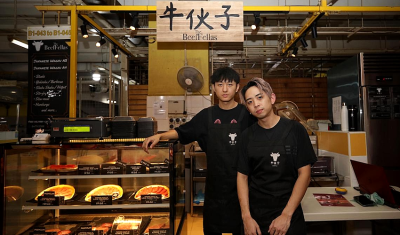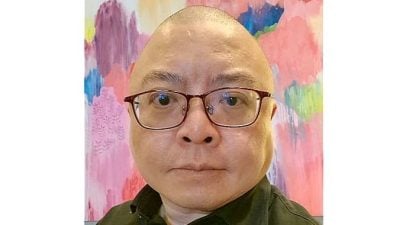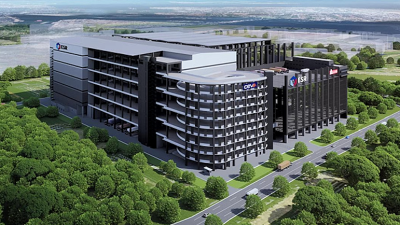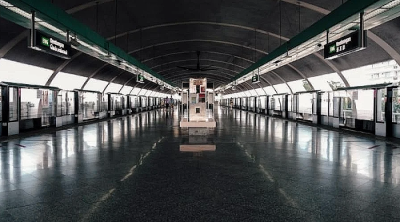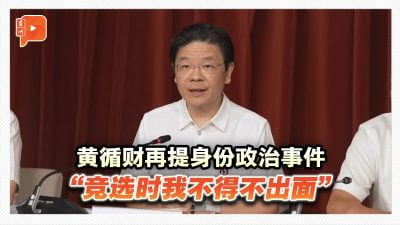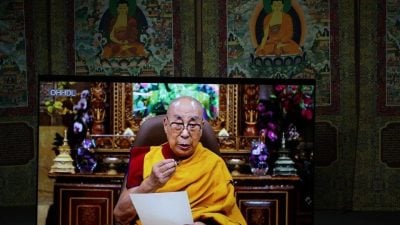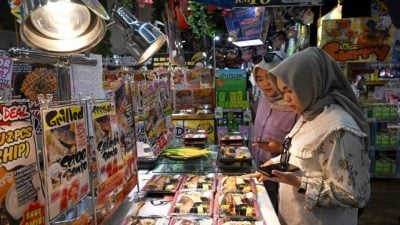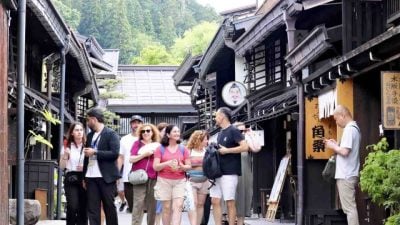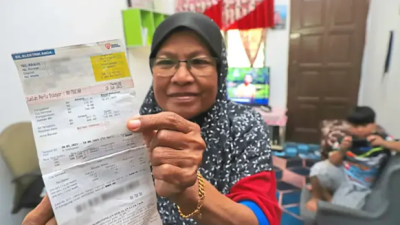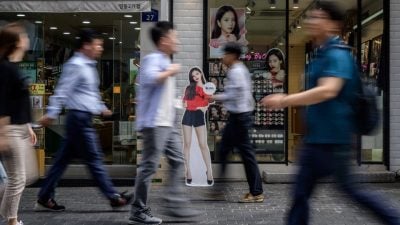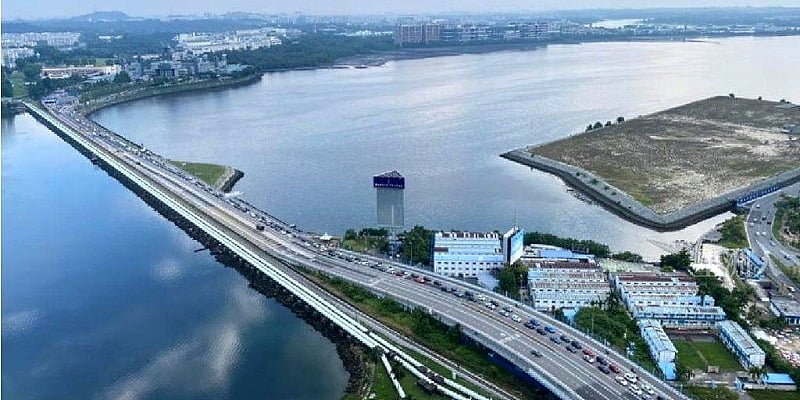
A close neighbor is better than a distant relative, this is how Vanu Gopala Menon, the Singapore High Commissioner to Malaysia, describes the relationship between Singapore and Malaysia.
“This is not a zero-sum game. We need each other to grow a bigger pie.
“We can grow and succeed together. We will make the pie bigger,” he said in an interview with Sin Chew Daily.
“Discover Asean”, a special Sin Chew Daily pullout, has invited Menon, the Singapore High Commissioner to Malaysia of close to eight years, to share his views on collaboration between the two countries.
“We share many similarities in food, culture, jokes and even the shows that we watch. You will discover that we enjoy the company of each other. During the pandemic, we depended on each other, too,” he said.
Menon is very familiar with Malaysia and feels at home here. He has many friends in Malaysia and after living in the country for such a long time, he does not see much any difference living in Malaysia compared to Singapore.
On the relationship between the two countries, Menon said Singapore and Malaysia are natural partners whereby Malaysians are important as a major source of manpower in Singapore.
During then lockdowns imposed to curb the spread of Covid-19, the government and employers of Singapore were assisting Malaysians stranded in the Lion City to arrange for accommodation so that they could continue to work there.
Both the government and people were working hard to resolve the problems, as all parties realized that they needed the collaboration of one another.
“Never assume one country can prosper and succeed without the other. Singapore needs Malaysia and Malaysia needs Singapore, too,” he asserted.
Investors should see Singapore and Malaysia as one economic region, especially when Singapore is Malaysia’s largest trading partner and one of our largest investors, he explained.
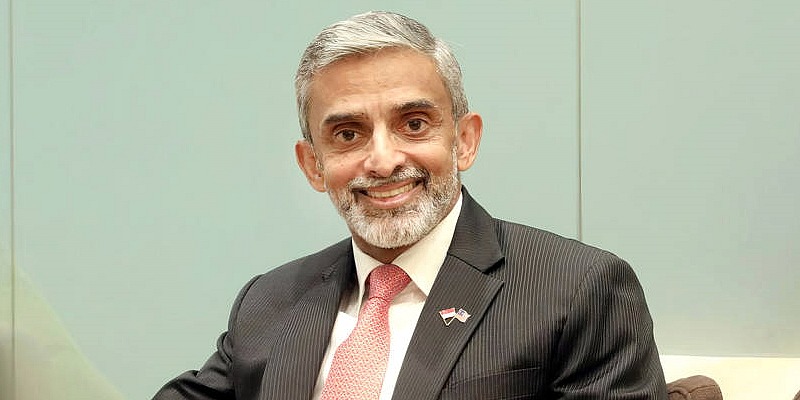
Two new areas for growth are the digital economy and green economy which Malaysia and Singapore should look into.
As the Covid-19 pandemic has changed people’s lives. Shop from home, work from home and study from home have become a permanent trend that can be developed into a new economy, he said.
He does not deny the fact that implementing the green economy can be very challenging as it requires a change of mindset and the government to push for the implementation.
“We can work together to identify new carbon solutions in order to tackle climate change,” he said.
Menon predicted that Asean, currently ranked fifth, could be the fourth largest economy in the world by 2030.
As members of Asean, both Malaysia and Singapore are set to gain from the vibrant regional economy to attract the investors’ attention.
He said during the Covid-19 pandemic in 2020, intra-regional investment in Asean grew by 5% to US$23.3 billion, underlining the impressive growth of the region.
“This is significant. There are plenty of opportunities in Asean. Populations in Asean are young.
“For the next ten years, Asean should continue to forge ahead by remaining outward-looking, inclusive and open to be successful.
“Always make ourselves attractive. Look forward and never look back,” he said.
On the United States and China, Menon said both are important trading, economic and political partners of Asean, and no Asean country wants to be seen as taking side with one against another.
“We want to engage positively with them and we want them to engage with us positively too.
“It’s a relationship that offers mutual benefit for them and for us. We want them to be best friends, if possible, but sometimes it is beyond us!
“We want to engage major powers. Asean is a useful platform for major powers to interact with us. We want to see the US and China work closely with us and with each other.
“The world is changing, so is Asean. Major powers like the European Union, Japan, India, the US, China and Latin America want to engage us. We should constantly show them we are worth talking to,” he said.
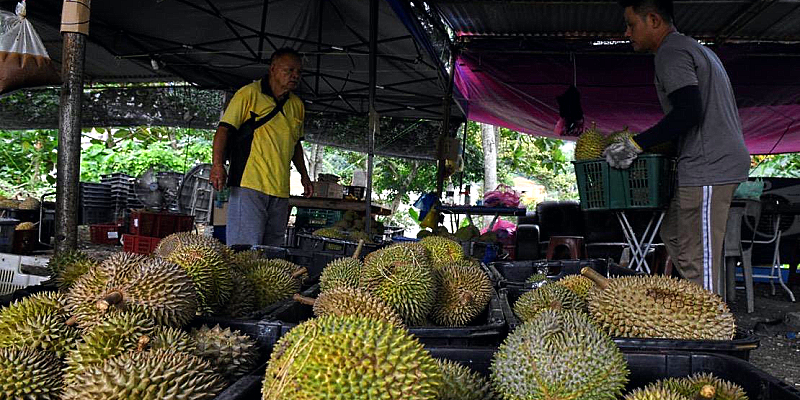
Q&A with Singapore High Commissioner Vanu Gopala Menon
1. Is there anything that you can’t find in Singapore?
We always say you have so much of land and we hope that Singapore has the same too.
Each time when I drive from Putrajaya to Kuala Lumpur, I would see plenty of land.
We grow our economy in other ways. We can work together. You have land, we have other qualities, put them together we can make this an economic hub.
2. Hainanese chicken rice in Malaysia and Singapore: which is better?
I know some will say ours is better. I had the best nasi lemak in Malaysia.
Honestly speaking, I would say food from both countries are equally good. We should not compare as each of us has our preferences.
For instance, our hokkien mee is yellow but yours is darker in color. Both are delicious!
3. What is the best-selling Malaysian product in Singapore?
Durian-lah! I am not a fan of durian, but my wife and her colleagues are big fans.
They don’t only have durians in SS2 but also Bentong and other places.
Durian is a big hit in Singapore and Singaporeans think that the best durians are from Malaysia.
4. What is your favorite Malaysian food?
Actually, I am not a foodie, unlike some of my colleagues.
I have tried many types of Malaysian food and I like many of them, such as char koay teow, hokkien mee, roti canai and nasi kandar.
They remind me of home.
5. Is there anything you can’t tolerate in Malaysia?
In fact, I don’t have too many problems with things, specific issues and the attitude of Malaysians.
Sometimes I wish the roads are less bumpy. I think your roads are much more used than ours, and they are full of traffic and potholes.
A lot of construction is going on the highways. These are minor issues and they happen everywhere.
ADVERTISEMENT
ADVERTISEMENT






